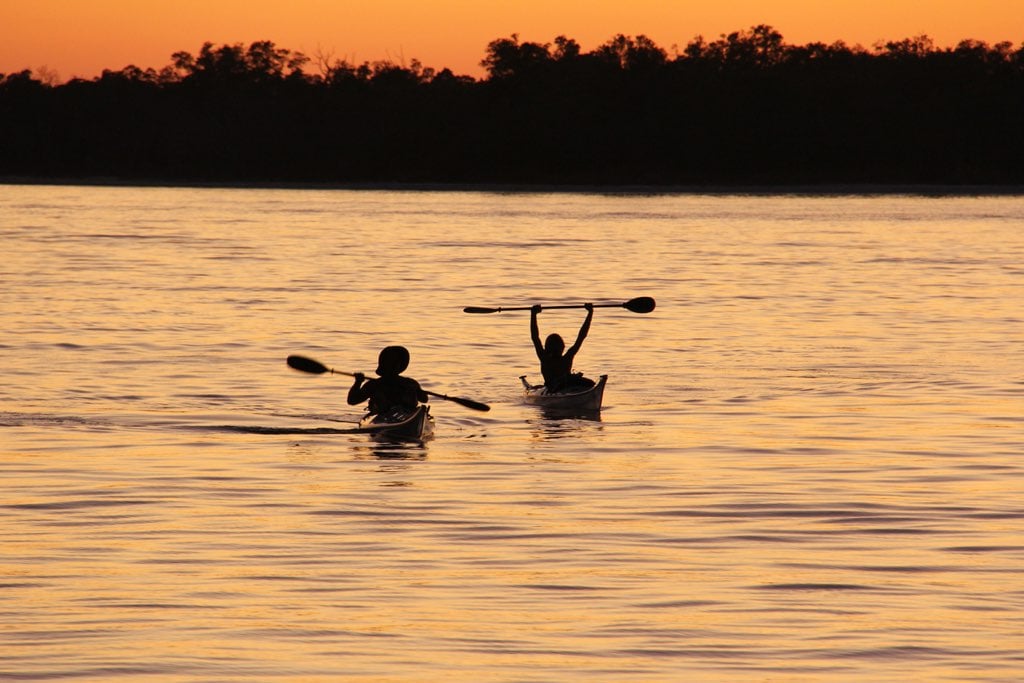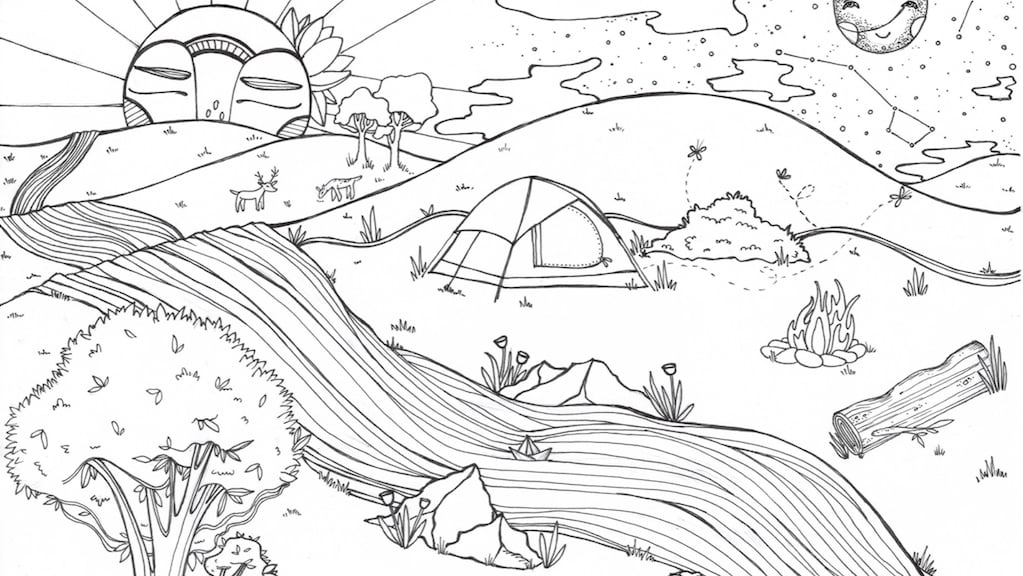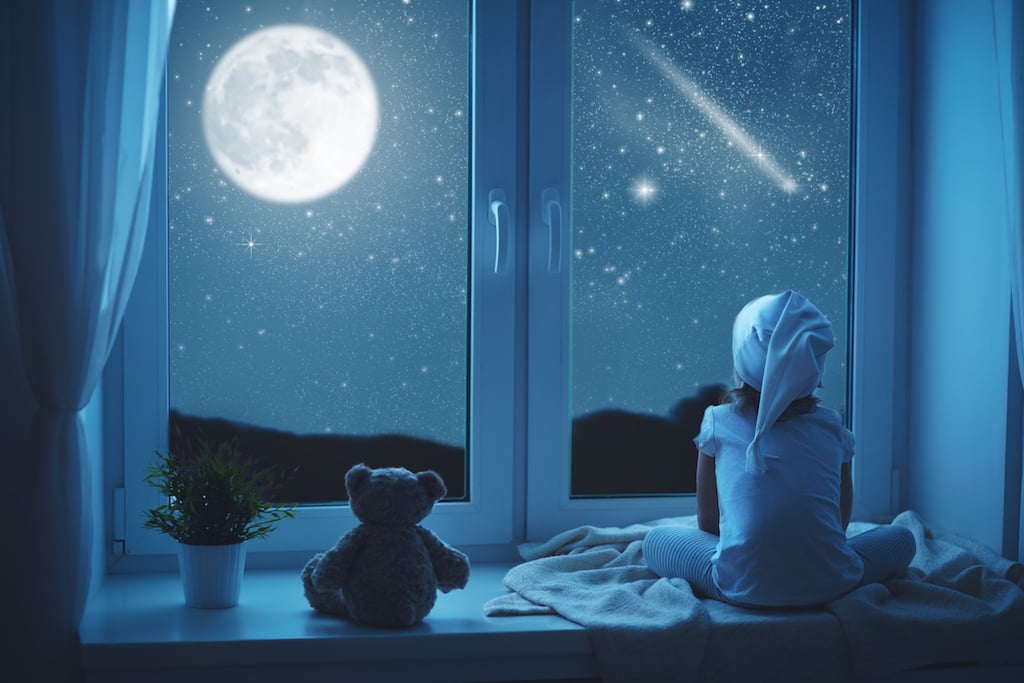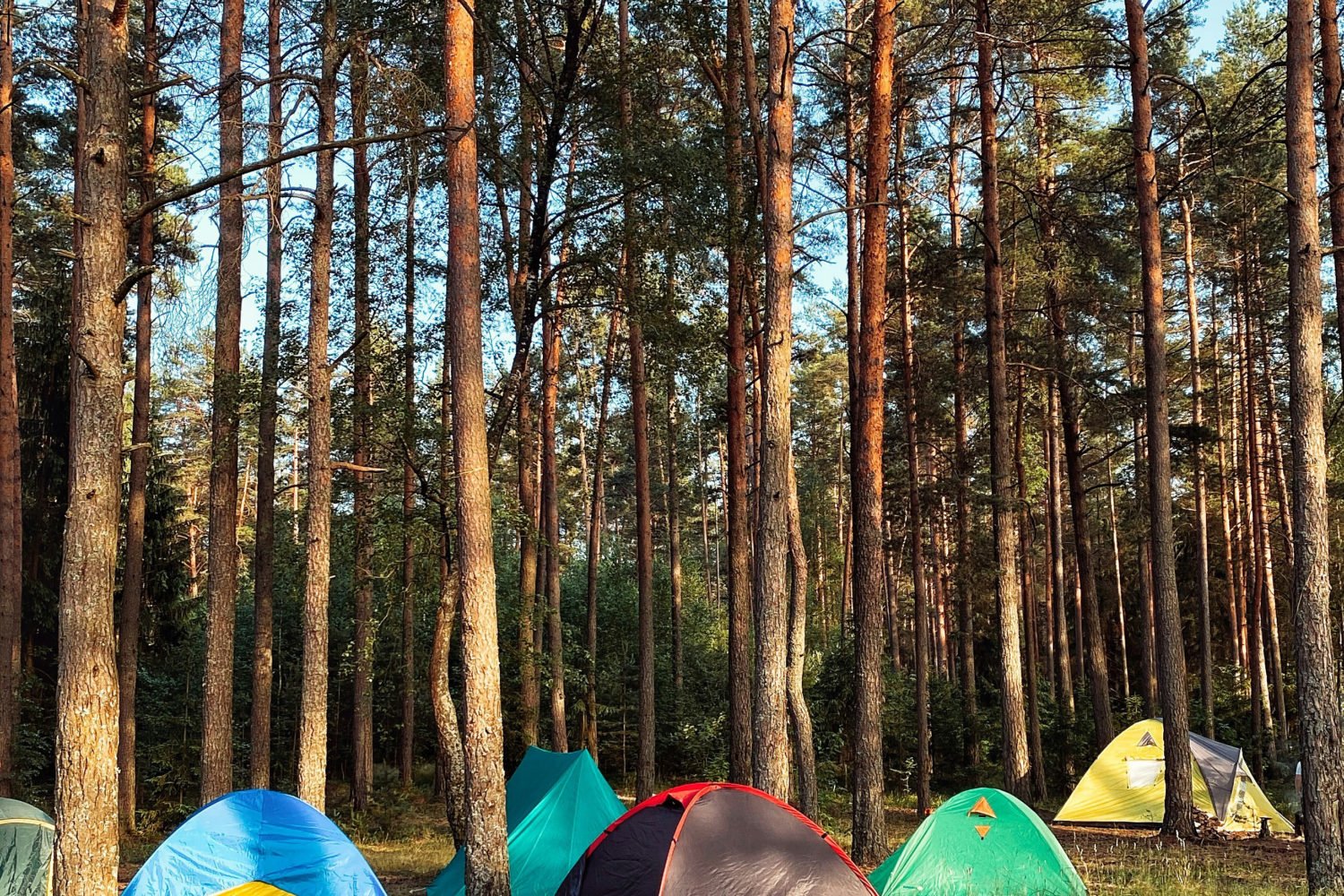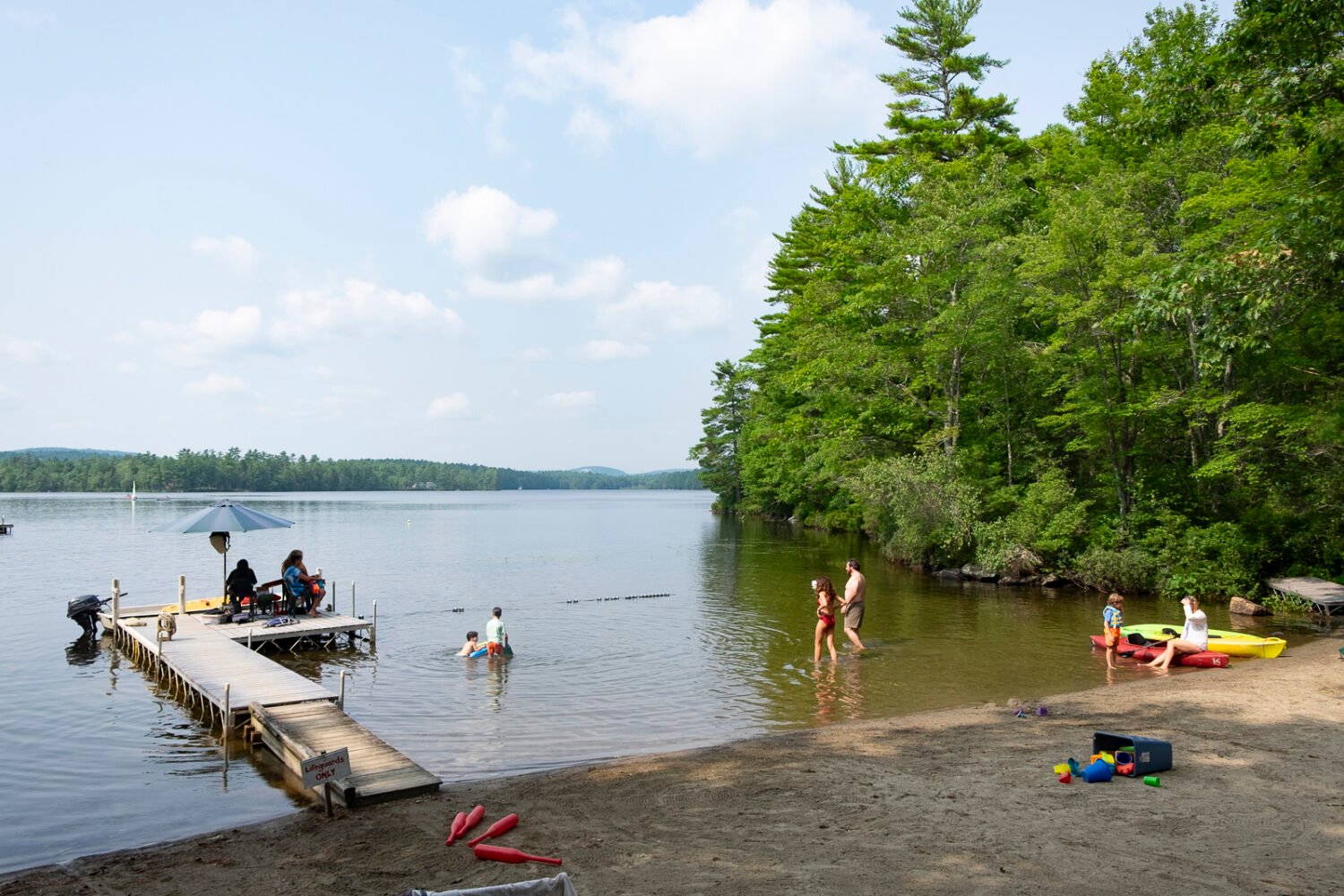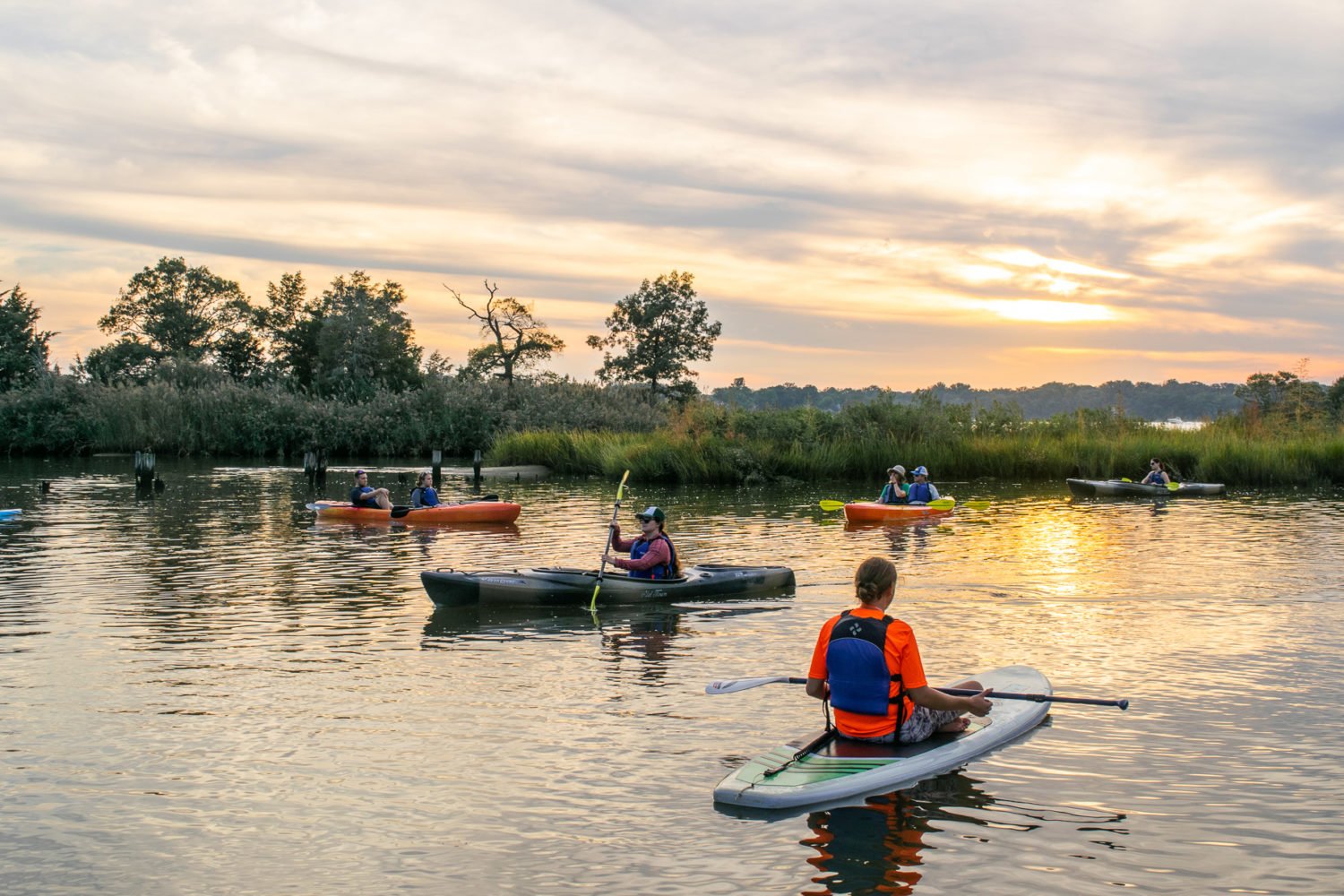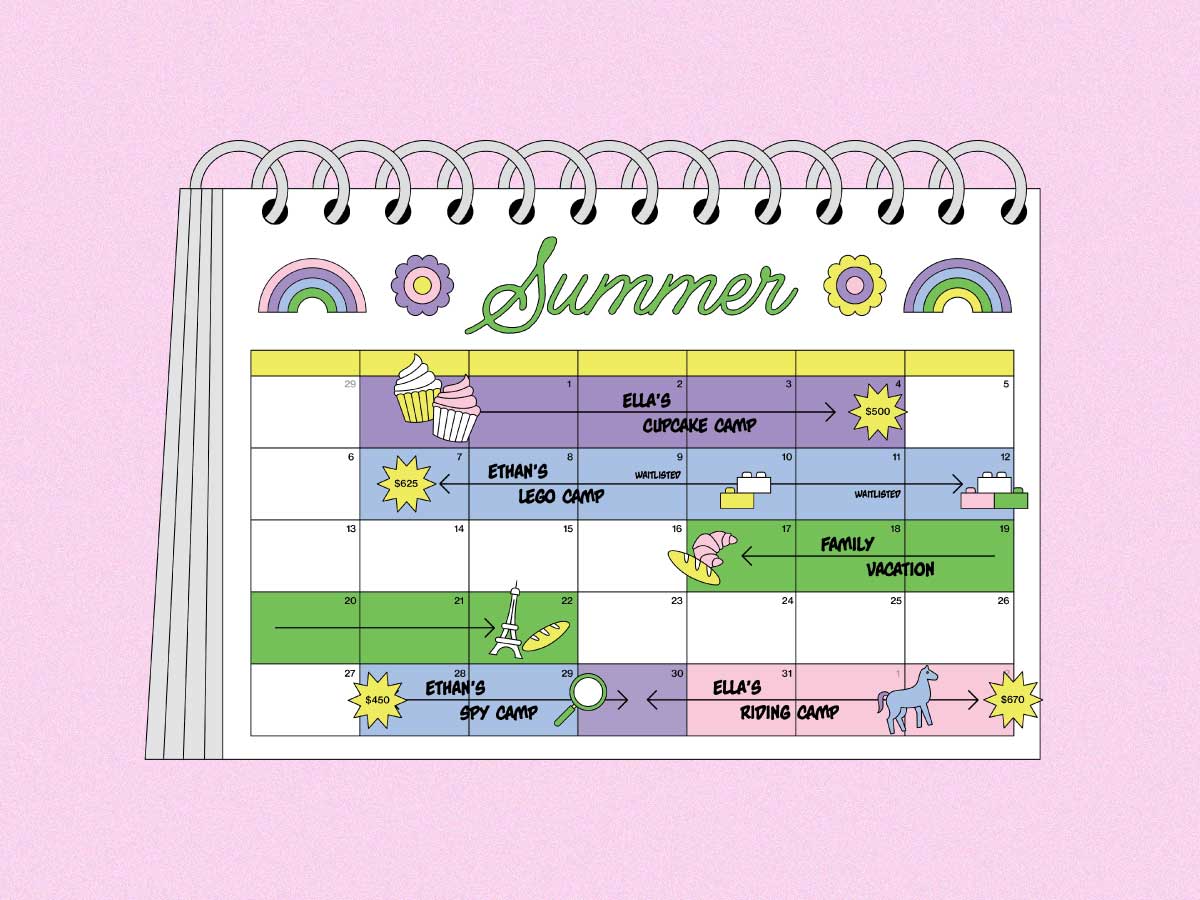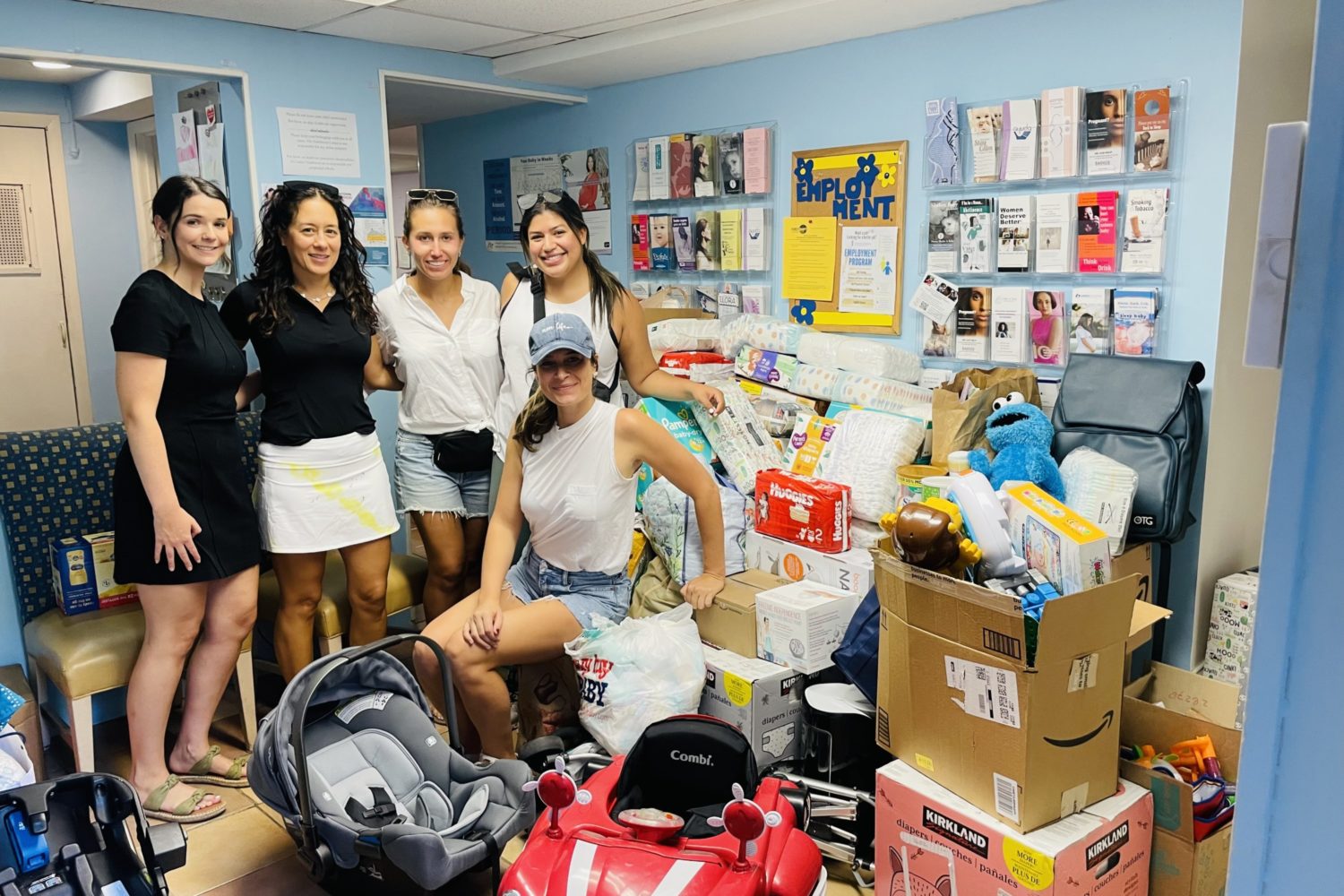I can’t tell you how many times a day I check my Gmail, surf the web, or engage with social media, but it’s a lot–and it’s nonstop. Case in point: After writing that sentence, I took a peek at my Facebook page, read a news story, and fired off an email.
From the time my iPhone’s alarm wakes me up to one last check of my inbox before I go to sleep, I am practically at one with a screen for much of my day. My phone and laptop are my work devices, communication tools and entertainment systems. I am hardly alone in my addiction. Most of the people I know are similarly strung out by their tech.
But are these devices and being so connected really necessary? Could we temporarily live offline and away from screens without suffering any major professional or personal consequences? Conversely, would there be a benefit to not being so plugged in?
I decided to go on a tech-free sabbatical while my 4-year-old son and I vacationed at a rustic backwoods camp in northwestern Vermont with my extended family. From our Saturday afternoon arrival until our Wednesday evening departure, I wouldn’t check my Gmail, look at the web, or engage with social media. Though my son gets limited screen time anyway, I was sure to leave his Kindle at home.
My only concession was to text my wife twice daily to assure her that our boy was happy and healthy–“Don’t worry, honey, all of his limbs are intact and he ate dinner!” Additionally, I let my editors know in advance that I would be completely off the grid, so I could ensure all of my work was handed in and any questions were answered prior to my departure. Just because I was looking to unplug and unwind didn’t mean I should cause anyone else’s blood pressure to spike as a result.
We stayed in a platform tent underneath canopy of trees just a few feet away from Lake Champlain. As soon as we arrived, I put my phone away. After dinner with my family, we walked over to the camp’s cozy library to pick up some bedtime reading. As darkness gathered, I used a headlamp to read my son a few books before we both pulled our wool covers up and quickly slipped into a deep sleep. It was so much nicer than getting an action-required email right before lights out.
The next morning, we woke to the chortle of a bugler playing “Reveille,” a cheery contrast to the insistent electronic beep of my iPhone. Normally, I read the news on my phone while I have breakfast, but instead I threw myself into conversation with my family seated at our table in the mess hall. When the dishes were cleared, I set up my son and his cousins with crayons and coloring books to keep them amused, while I read a book I’d been looking forward to finishing. My phone stayed in the tent.
I didn’t miss it once. I didn’t miss answering emails. I didn’t miss dodging calls from the American Red Cross for a blood donation (don’t worry guys, I’ll give again soon) and spam marketers offering me a free trip to Florida with just one small catch. I didn’t miss the ding of my text alert. I didn’t miss the notification windows popping up telling me a story was due. I didn’t miss reading more articles than necessary about Donald Trump’s latest tweets.
Over the next four days, I did everything but check my phone. There was a hike through the woods that took me past a collapsed log cabin and an outdoor chapel fallen to ruin. My son and I kayaked along the shoreline looking for caves where pirates might have hidden treasure. He went on all sorts of adventures with his cousins, ambled over to his grandmother’s tent for afternoon snacks and delighted his aunts and uncles with his antics. Games of corn hole, bocce, and Scrabble were played. One night we all made s’mores at a bonfire on the rocky beach, another night we tie-dyed T-shirts.
Sometimes I just sat on the steps of our platform tent. I’d lean back and let myself be soothed by the steady rhythm of the water lapping at the shoreline, the cooling breeze wending its way through the trees, and the wild smells of the forest.
Though the trip was only five days, it felt like we were out in the woods for a lot longer. We both came home calm and relaxed, our skin a little more golden from our time in the sun and brimming with fond memories of our expedition to the Green Mountain State.
When I turned on my phone for the first time, there weren’t a million emergency cases to triage. The world hadn’t stopped turning in my virtual absence.
Sometimes it feels like we have to stay constantly connected or else our carefully constructed careers and online social lives will crumble. In fact, we need a break from our digital addiction to our devices. We need to turn them off and put them away sometimes, so we can on the important things in life–who we’re with, what we’re doing, and where we are.

